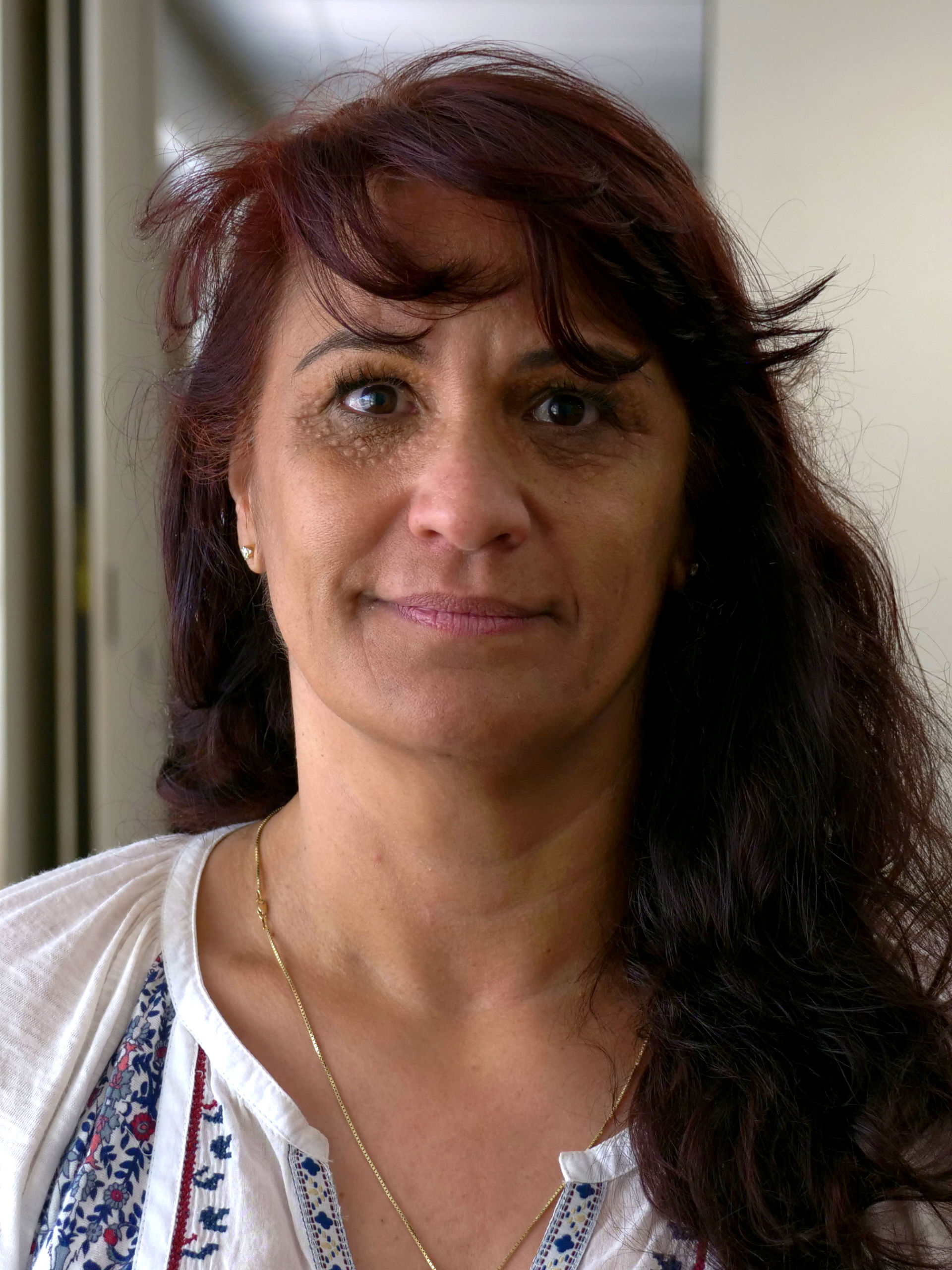Click here to watch this video on YouTube.
Roughly half of the Hawaii State Teachers Association membership—more than 6,300 educators—are being paid thousands of dollars less a year by the state than they should because they were not given step increases during tough economic times. If the state corrected this wrong, educators across Hawaii could receive anywhere from $900 to $17,000 more a year in salaries. HSTA believes, for instance, that 2,900 of its members with 22-plus years of service deserve to move to the top salary level, which is Step 14B.
Unlike many school districts in the country, Hawaii educators’ years of experience are not automatically taken into consideration to determine when they get step movements. Hawaii public school teachers can only receive increased pay for years of service if those raises are negotiated with the state, which has rejected increases during economic downturns.
"We're already hemorrhaging teachers. Do you really want to hemorrhage the veteran teachers that have put in 20, 25 years?"
Ashley Olson, Lahainaluna High English language learner coordinator

Veteran teacher says 'Some of us just got stuck'
Bea DeRego, a test coordinator and longtime English teacher before that at Kahuku High and Intermediate, said, “For a lot of teachers who went through the teachers’ strike (in 2001) and furloughs (in SY 2009-2010), we have not received step raises on a regular basis.
“For instance, I am on Step 13, even though I’ve worked for 22 years. Some of the teachers who are newer to the DOE are either on the same step or ahead of me because they came in at a time where they were able to take advantage of contract negotiations,” DeRego said. “Some of us just got stuck. So for me, it feels like a lot of the times they have a lot of focus on recruiting and not necessarily retaining the teachers who are here.”
Click here to watch this video on YouTube.
HSTA's vice president and secretary-treasurer are on the same step, even though one's been teaching eight years more
Osa Tui Jr., HSTA’s vice president, is at Step 11 this year, which is the same step as Logan Okita, HSTA’s secretary-treasurer, who started teaching in Hawaii eight years after him. Tui began teaching math at Castle High in 1998 while Okita started teaching at Fern Elementary in 2006.
Okita said, “That’s not acceptable. Service should count for something.”
“You would think if we got a step every other year, and there are 11 steps to get to the top, then someone would get to the top of the scale after just 22 years of service,” Tui said.
Why is this called compression?
Thousands of Hawaii educators find that they have not moved ahead on the salary schedule in spite of putting in decades of service because, during the recession and previous economic slowdowns, raises and step movements were severely curtailed. Almost 40 percent of HSTA’s members are compressed between Steps 9 and 11, which is why the problem is called “compression.”
If educators automatically moved up in step every two years for their experience, the HSTA could focus more on improving the overall base salaries of all teachers with across-the-board increases.
Click here to watch this video on YouTube.
'Pretty ridiculous': Two Maui teachers with 20 years between them are separated by just three salary steps
Ashley Olson, who’s now the English language learner coordinator at Lahainaluna High on Maui, has spent her entire 27-year teaching career at the school, where she also taught Spanish and French for many years.
But Olson finds herself only three steps on the pay scale above her friend, Lisa Morrison, the student activities coordinator at Maui Waena Intermediate, who has spent just seven years teaching in Maui public schools, less than one-third of Olson’s time in Valley Isle classrooms.
“That's pretty ridiculous in terms of not valuing the years of service that teachers and have put in,” Morrison said. “Research shows that the more years that a teacher puts in in terms of experience, the more effective that they are as a teacher, so it should count for something that we stay here.
“If we want students to have quality teachers, we want to keep the teachers here as they gain more experience instead of having the constant turnover at the bottom with inexperienced and new teachers, which is what we have now,” Morrison added. “We're hiring more than 1,000 people every single year.”

“If we want students to have quality teachers, we want to keep the teachers here as they gain more experience instead of having the constant turnover at the bottom with inexperienced and new teachers.”
Lisa Morrison, Maui Waena Intermediate student activities coordinator
Olson said, “The state needs to step up and recognize the fact that our education system, we're already hemorrhaging teachers. Do you really want to hemorrhage the veteran teachers that have put in 20, 25 years? The teachers that are at 30 years and could retire at any time? Do you really want to lose those individuals? And I hope the answer is no and it's going to take raising those salaries.”
Rosenlee: 'We need to correct a wrong'
HSTA President Corey Rosenlee describes the current situation as “not fair.”
“We need to correct a wrong, allowing more than 6,000 teachers to move up to their proper step,” Rosenlee said. “We have to maintain this structure so that any teacher can figure out where they’ll be in 10 or 22 years so that they’ll understand where their salary is. We believe that’s going to allow teachers to be able to stay here in Hawaii.”
"It feels like a lot of the times (the state has) a lot of focus on recruiting and not necessarily retaining the teachers who are here."
Bea DeRego, Kahuku High and Intermediate test coordinator

On Nov. 5, the latest step movement negotiated by HSTA boosted paychecks for returning teachers. In the current contract and the previous one covering a total of eight years, HSTA has negotiated a step increase one year, followed by an across-the-board increase the next, and alternating each year. Teachers say being unable to plan on basic raises makes educators less committed to staying in Hawaii and in public education, contributing to the state’s teacher shortage crisis.
”We are losing teachers,” said DeRego, the veteran from Kahuku High. “The new teachers coming in are pretty smart. They’re akamai. They look and say, ‘Wow, this could happen in the future.’ So it seems like we’re losing a lot of teachers.”
Speak about compression and more in HSTA's negotiations survey through Nov. 10
As HSTA continues to advocate for our members who are stuck at various points on the salary schedule, we strongly encourage educators to share their thoughts about how we can improve their teaching conditions and contract in our negotiations survey. Please take the survey here by Nov. 10.

